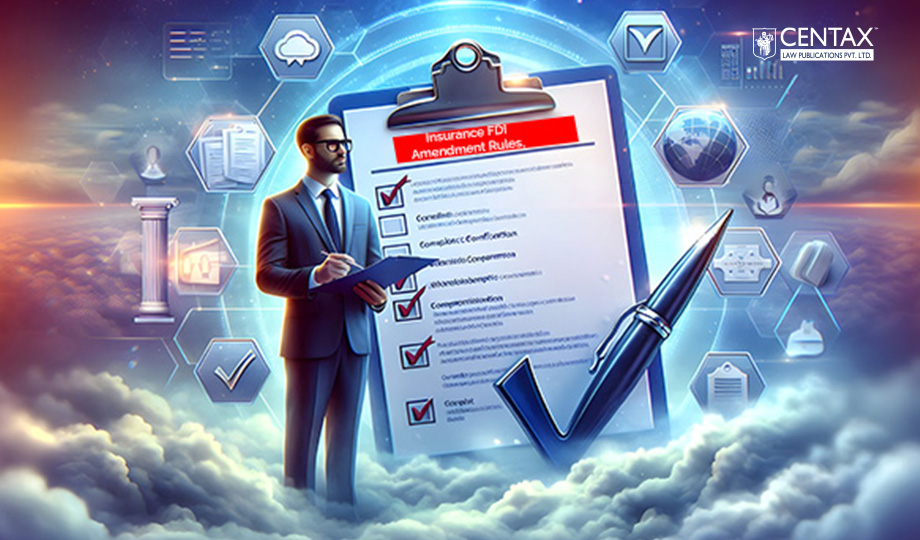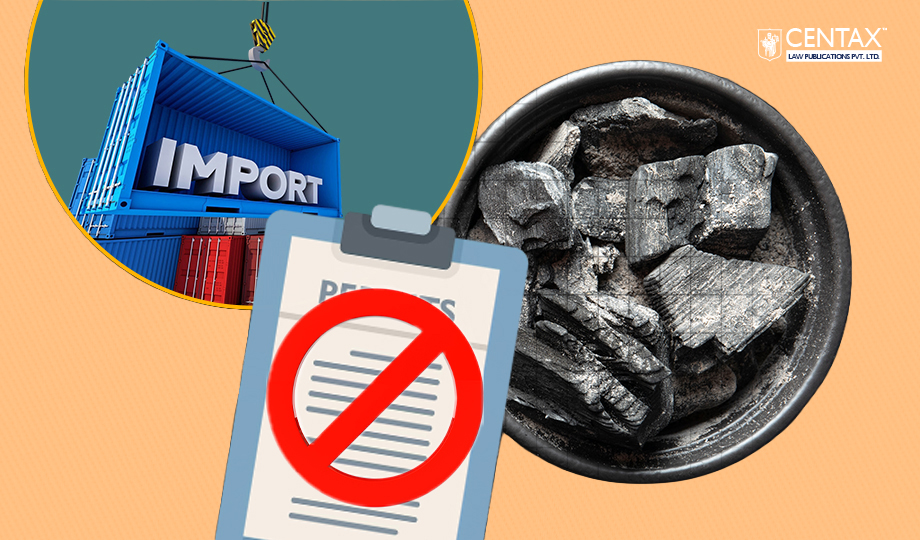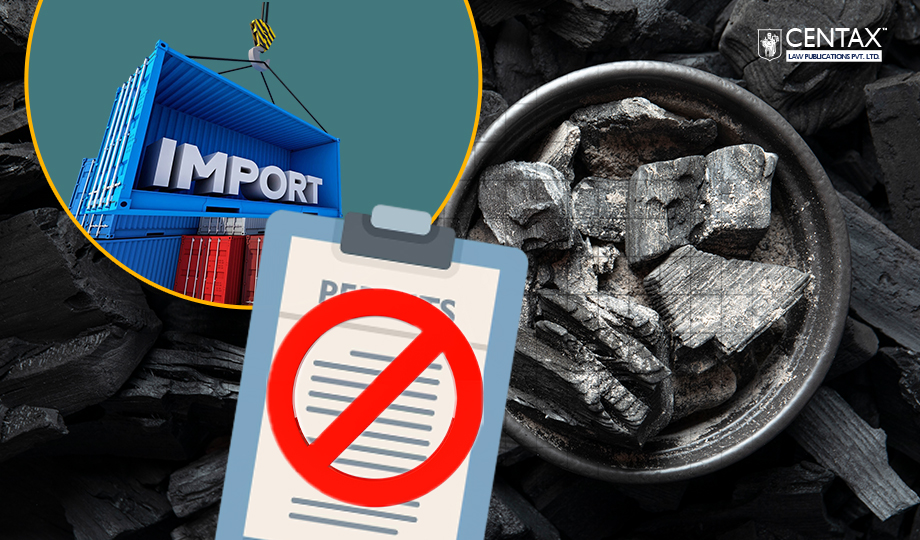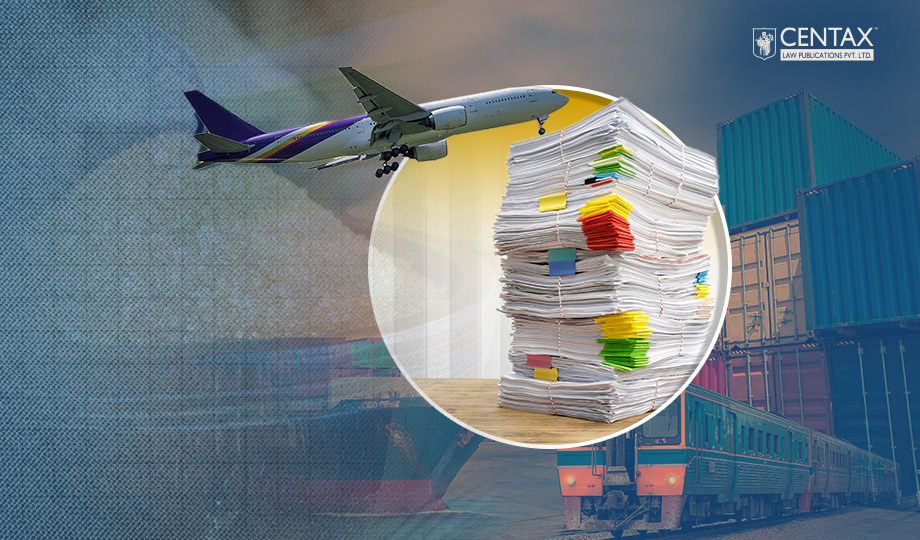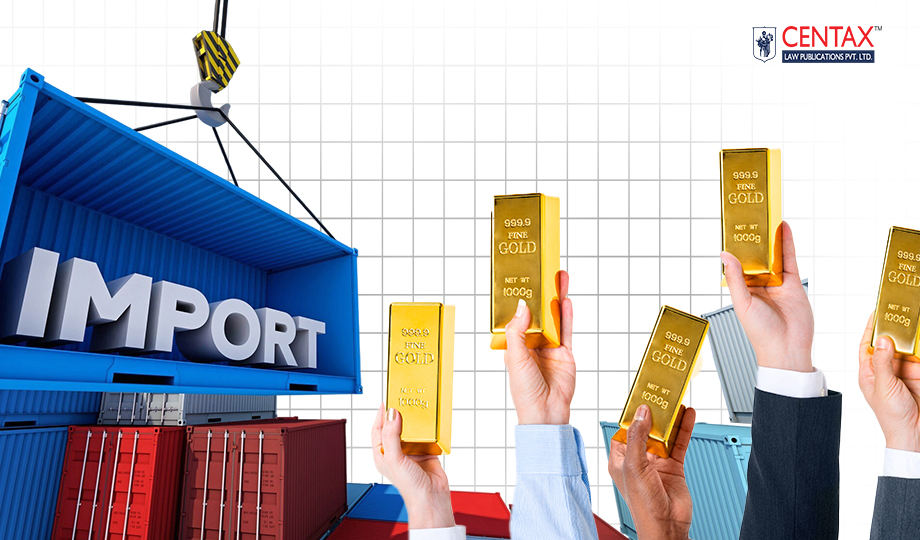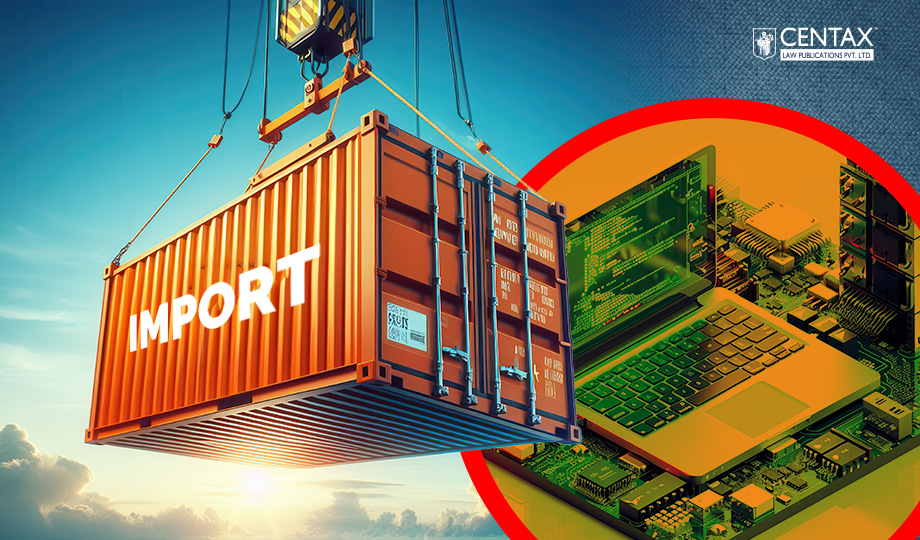
The Foreign Trade (Development and Regulation) Act, 1992 (FTDR Act) is a legislation enacted by the Government of India to regulate and develop foreign trade by enabling policy formulation, controlling imports and exports, and granting exemptions where necessary. The Act provides the legal framework for the Export-Import (EXIM) Policy and empowers the Central Government to implement and modify trade policies in response to evolving global trade dynamics.
Table of Contents
1. Introduction
The Foreign Trade (Development and Regulation) Act, 1992 (FTDR Act) governs India’s foreign trade by enabling policy formulation, regulations, and exemptions. Administered by the Ministry of Commerce and Industry, it is implemented through the DGFT, Customs, and RBI, with the Board of Trade (BOT) advising on trade policies and export strategies.
2. FTDR Act
The Imports and Exports (Control) Act, 1947 was considered restrictive and a hindrance to foreign trade. To address these limitations, it was replaced by the Foreign Trade (Development and Regulation) Act, 1992 (FTDR Act) in August 1992. The Act was last amended on 27-08-2010.
2.1 Objective and Scope
As per the preamble of the FTDR Act, its primary purpose is to develop and regulate foreign trade by facilitating imports into India, augmenting exports, and addressing related matters.
The FTDR Act empowers the Central Government to formulate, modify, and implement the Export-Import (EXIM) Policy in response to evolving trade dynamics. The Act provides statutory authority for such policy measures and their execution.
2.2 Foreign Trade (Regulation) Rules, 1993
The Foreign Trade (Regulation) Rules, 1993 were notified under the Foreign Trade (Development & Regulation) Act, 1992. These rules were last amended on 17-04-2015.
2.3 Foreign Trade (Exemption from Application of Rules in Certain Cases) Order, 1993
The Foreign Trade (Exemption from Application of Rules in Certain Cases) Order, 1993 was issued to grant specific exemptions from the applicability of trade regulations. This order underwent a substantial amendment on 25-07-2017, further refining the scope of exemptions granted under it.
The order exempts the following entities and categories from the provisions of the Foreign Trade (Regulation) Amendment Rules, 2015:
- Central Government and State Governments
- Duty-Free Shops
- Baggage
- Diplomatic Personnel
- Officials of the United Nations (UN) and UN Agencies
- Goods in Transit and Transshipment
2.4 Notifications under the FT (D&R) Act, 1992
Several notifications have been issued under the Foreign Trade (Development & Regulation) Act, 1992, empowering various officials with specific regulatory functions. These include:
- Director General of Foreign Trade (DGFT)
- Deputy Director General
- Joint Director General
- Additional Director General
- Assistant Director General
- Development Officers
- Officials of Special Economic Zones (SEZs)
3. Administration of the FTDR Act
The administration of the FTDR Act falls under the Department of Commerce, Ministry of Commerce and Industry, Government of India, located at Udyog Bhavan, New Delhi – 110 011.
The key regulatory authorities involved in implementing the Act include:
- Customs Department (Ministry of Finance) – Oversees matters related to the import and export of goods.
- Reserve Bank of India (RBI) – Regulates foreign exchange aspects related to international trade transactions.
4. Board of Trade (BOT)
The Board of Trade (BOT) was reconstituted through MC&I (DC) Notification No. 11/2015-20, dated 17-07-2019. The Union Minister of Commerce and Industry serves as its chairperson, with the Minister of State, Secretaries of various Ministries, Presidents/Chairpersons of industry associations, non-official members, and the Director General of Foreign Trade (DGFT) as the Member Secretary.
4.1 Functions of the Board of Trade
The BOT is entrusted with the following responsibilities:
- Discussing and advising on trade policies.
- Formulating strategies for export promotion.
- Reviewing export performance.
- Facilitating the overall promotion of foreign trade.
However, given the large composition of the BOT, concerns have been raised regarding its effectiveness in conducting meaningful discussions and making actionable recommendations.
A total of 29 non-official members have been nominated vide S.O. 3176(E) dated 08-07-2022. The terms of reference have been specified in broad terms.














